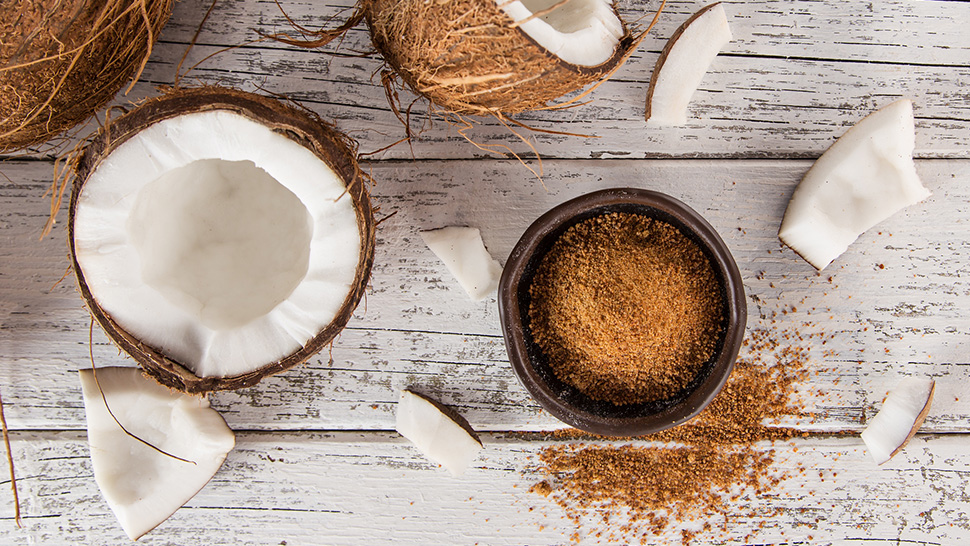The Buzz: Natural Sugars
- by bonappetit
 What’s the buzz?
What’s the buzz?
Natural sugars like honey, maple syrup, agave, and coconut sugar are better for you than table sugar. Or are they?
What does the science say?
We have some not-so-sweet news: most Americans consume too much added sugar — an average of 22 teaspoons per day! That’s more than double the recommended maximum of 6 teaspoons for women and 9 teaspoons for men, according to the American Heart Association. Excess sugar consumption has been linked to increased risk of weight gain, diabetes, heart disease, and some cancers. Some people believe that “natural” sugars like maple syrup, honey, agave, and coconut sugar are better for you than table sugar and high fructose corn syrup. But we’re sorry to break it to you: the truth is, nutritionally, they are all sugar, and our bodies can’t differentiate between maple syrup and white sugar once it’s passed through our lips. Most sugars, whether natural or processed, provide between 15 to 20 calories per teaspoon, which can add up quickly!
There are some subtle differences that explain why people persist in these sweet dreams. Maple syrup and honey offer small amounts of vitamins, minerals, and antioxidants, but unfortunately those extras don’t outweigh the sugar content. Maple syrup, agave, and coconut sugar are also said to have a lower glycemic index (GI) than white sugar, meaning they cause blood sugar levels to rise more slowly. However, GI doesn’t tell the full story about the metabolic effect and isn’t a great measure of healthfulness. That said, many natural sweeteners do taste sweeter than table sugar, so you might use less to achieve a similar sweetness level — helping you cut back on total added sugar consumption.
The one caveat: Sugars consumed by eating whole fruits, vegetables, and dairy don’t count toward your daily added sugar allotment. (Bring on the peaches!) These naturally occurring sugars are packaged with fiber, protein, and significant amounts of vitamins, minerals and phytonutrients, making the benefits outweigh the concerns of a little sugar.
What’s the takeaway?
All added sugar, whether natural or processed, should be viewed as sugar, and counted toward your daily maximum for added sugar. If you prefer the taste of maple syrup, honey, or another natural sugar, then use it for culinary reasons — not the nutritional benefits.